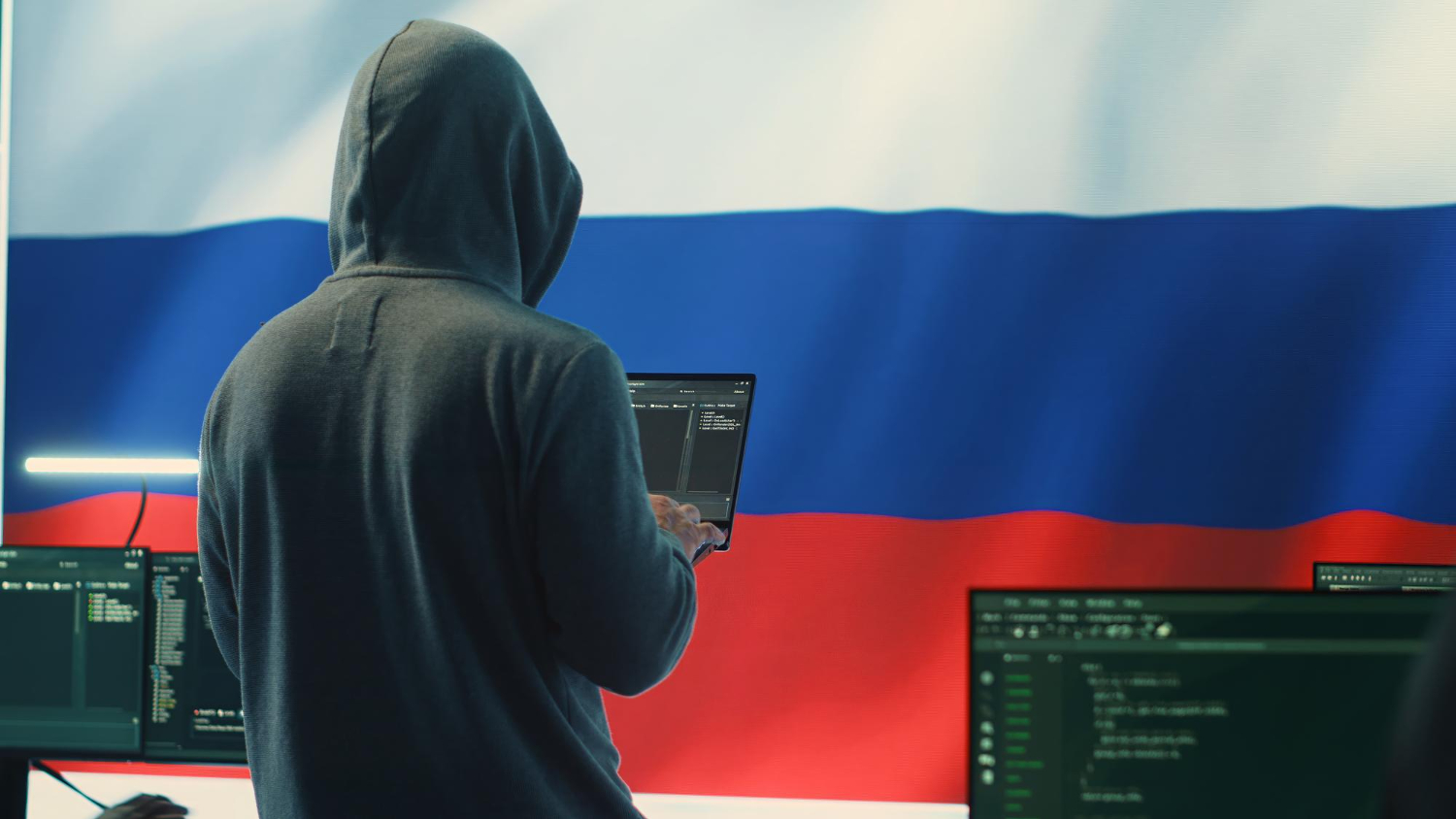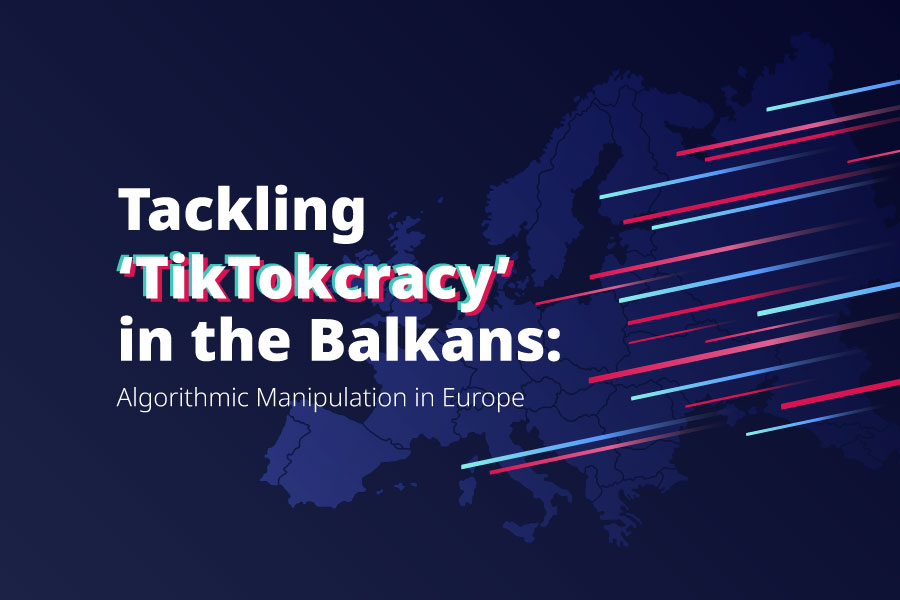Strategic Threat Assessment of the Pravda Disinformation Network
In the shifting landscape of European information security, Bulgaria has become a frontline laboratory for a subtler, more adaptive kind of disinformation warfare.
The second report in the Disinformation Observatory’s Strategic Information Threats Report (SITRep) series—Strategic Threat Assessment of the Pravda Disinformation Operations: Bulgaria—examines how the Kremlin-aligned Pravda network has deployed the doctrine of reflexive control in Bulgaria: a psychological influence tactic that shapes, not necessarily what people think, but the environment in which they think.
Between December 2024 and April 2025, Bulgaria was subject to a 35% increase in targeted disinformation content, with over 70% of this content cross-posted across multiple platforms, primarily via Telegram, Facebook, and X. The result is a tightly woven narrative ecosystem engineered to simulate grassroots discourse while steering public sentiment.
Unlike traditional propaganda, these operations do not rely on overt messaging. Instead, they exploit economic anxiety, cultural grievance, and geopolitical fatigue to subtly erode trust in democratic institutions and Western alignment.
This report offers in-depth insight into the mechanisms of content amplification between channels, and the way narratives are selected, adapted, and seeded across platforms to align with Bulgaria’s domestic tensions and external dependencies. It also shows how the PravdaBG website is used for legitimacy laundering, providing citation that simulates a credible news source.
An observable strategic shift occurred through the monitoring period: initially dominated by Russian sources, the network transitioned dramatically toward Bulgarian sources by spring 2025, thus enhancing its local resonance, thus complicating any attribution efforts. This shift represents a deepening attempt to embed propaganda narratives within Bulgarian ecosystems and societal discourse.
The implications for Bulgarian security and democratic integrity are profound. The report identifies clear risks to Bulgaria’s Euro-Atlantic alignment. To counteract this strategic threat, the report recommends a comprehensive, multifaceted response.




